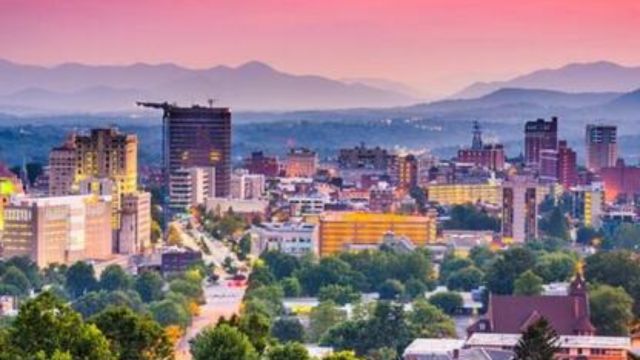North Carolina boasts a wealth of history, culture, and natural splendor, yet within its borders lie hidden secrets and enigmatic tales. Among these mysteries stands Lost Cove, a ghost town nestled in the mountainous terrain near the Tennessee border.
What led to the demise of this once-thriving community, veiled in both history and abandonment? In this blog post, we embark on a journey to unravel the captivating narrative of Lost Cove, an intriguing relic of North Carolina’s past.
The Origins of Lost Cove
Established in the late 1800s by pioneers seeking fertile lands amidst seclusion, Lost Cove found its home in a remote valley along the Nolichucky River. Its moniker, “Lost Cove,” derived from its elusive nature, shrouded in fog and challenging to locate.
The settlers, largely self-reliant, cultivated crops, tended livestock, and fostered trade with neighboring towns and Cherokee tribes. At its zenith, Lost Cove boasted around 100 residents inhabiting 20 dwellings, complete with essential amenities like schools, churches, and stores.
The Decline of Lost Cove
However, the town’s isolation proved both a blessing and a curse. Cut off by rugged terrain and lacking infrastructure, Lost Cove struggled against natural calamities such as floods and landslides. The devastating flood of 1916 dealt a severe blow, crippling crops and structures.
Despite efforts to recover, residents gradually departed in search of greener pastures elsewhere. Government acquisition of land for national projects further exacerbated the town’s plight. By the 1950s, closure of the sole access road sealed Lost Cove’s fate, prompting its abandonment in 1957, a silent witness to neglect and oblivion.
The Mystery of Lost Cove
Lost Cove’s desolation birthed a realm of speculation and intrigue, attracting adventurers, historians, and even paranormal enthusiasts. Lingering questions persist:
- Why did some residents defy government buyouts despite dwindling resources?
- What became of those who departed, and what fate befell their forsaken possessions?
- Does the town harbor spectral entities, or are tales of paranormal activity mere whispers in the wind?
The Future of Lost Cove
Despite its frozen facade, Lost Cove faces threats to its existence and legacy:
- Private ownership subjects the town to potential development or demolition.
- Within the Pisgah National Forest, the forest service wields authority over land management and preservation.
- Vulnerable to natural elements and human interference, Lost Cove’s structures and artifacts teeter on the brink of deterioration.
Yet, amidst uncertainty, efforts emerge to safeguard Lost Cove’s heritage:
- The Lost Cove Preservation Association diligently documents and educates about the town’s history.
- Initiatives like the Lost Cove Project and the Lost Cove Trail aim to raise awareness and preserve its legacy.
The Conclusion
Lost Cove stands as a testament to bygone eras, embodying the hopes and struggles of its erstwhile inhabitants. It beckons us to delve into its past, offering a poignant reminder of the fragility of human endeavor. As we navigate the corridors of history, Lost Cove urges preservation, a beacon illuminating the path to understanding our collective heritage before it fades into the mist of time.

